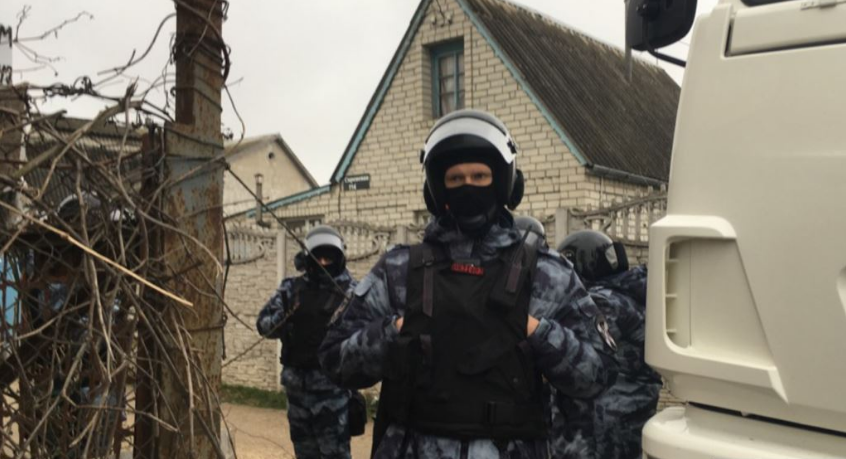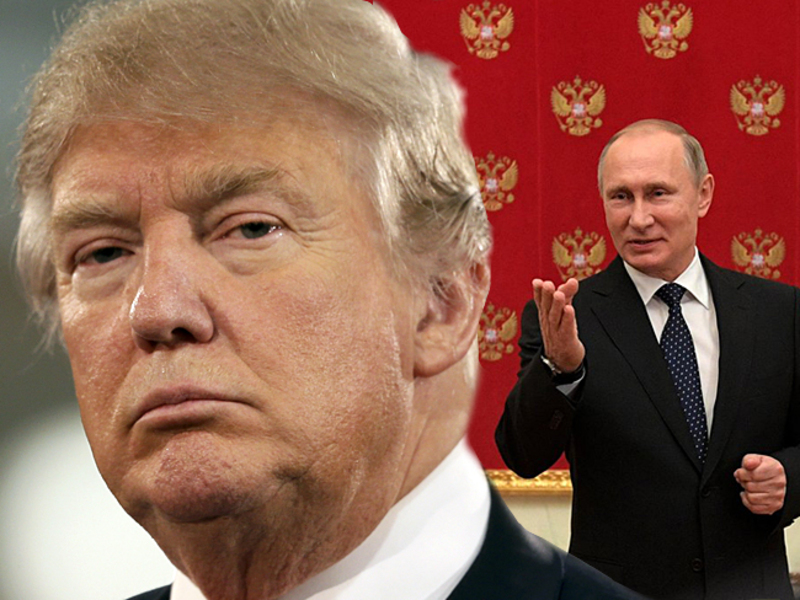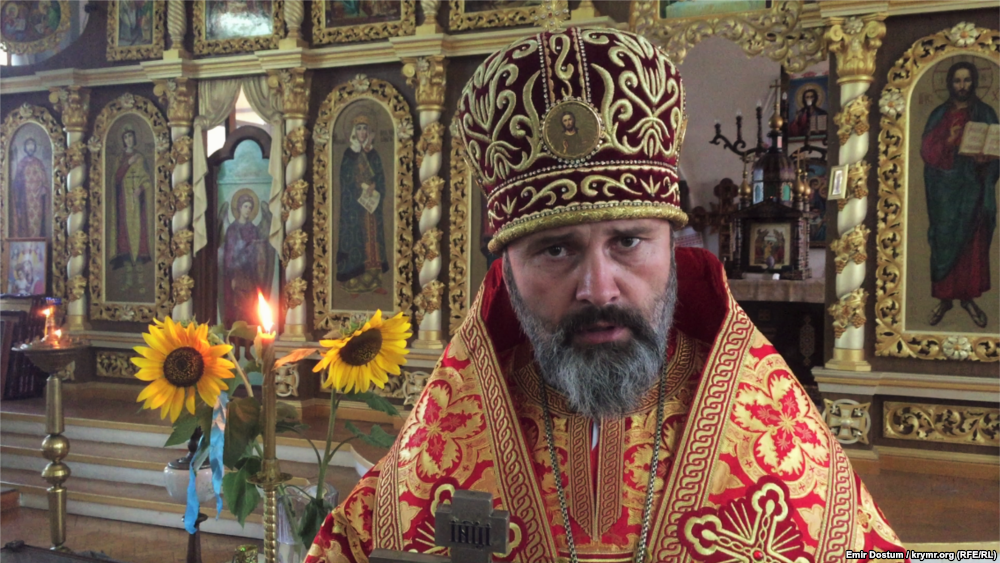- Read also: Russia’s replacement of population in occupied Crimea violates Geneva Convention – UN report (2019)
The new report highlights tortures by the Federal Security Service of the Russian Federation (FSB) applied to detainees. The report also indicates other human rights violations by the Russian Federation that continue to take place in Crimea. In particular, Inadequate conditions of detention, Criminalization of freedom of expression.
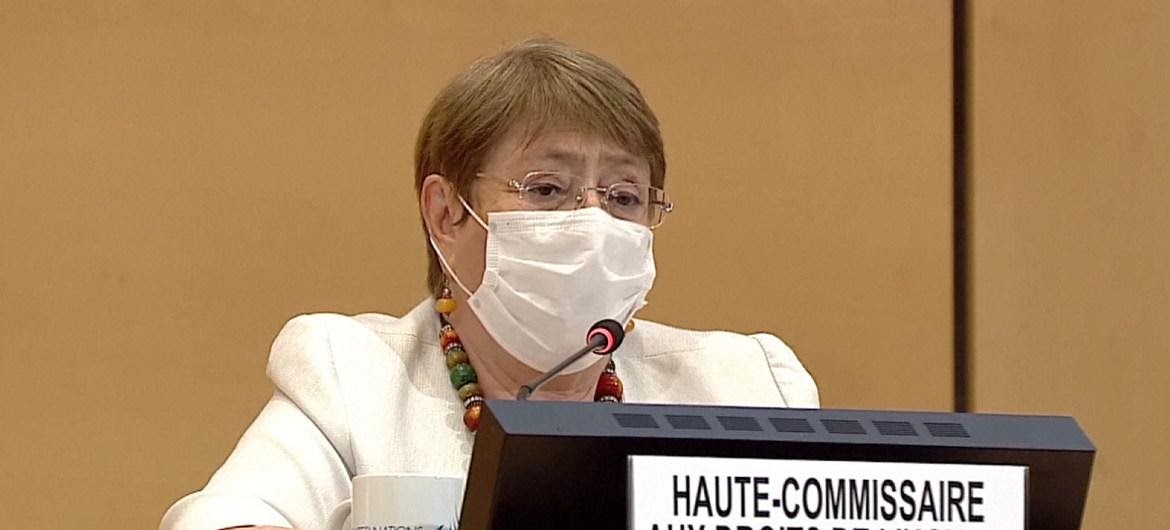
Russian Federation expressed “principled non-acceptance” of the General Assembly resolutions and denied OHCHR entry to Crimea
On 31 January 2020, the Office of the United Nations High Commissioner for Human Rights (OHCHR) transmitted a note verbale to the Russian Federation seeking its cooperation to conduct a mission in Crimea. In its reply, the Russian Federation expressed “principled non-acceptance” of the General Assembly resolutions “on Crimean and Ukrainian issues.”
OHCHR has not been able to find appropriate modalities to conduct a mission to Crimea. Therefore, the monitoring mission in Ukraine conducted remote monitoring, contacting relatives of detainees, official sources, Crimean NGOs, and so on.
In all UN resolutions regarding Crimea, Russia is treated as an occupying power. International humanitarian law requires the occupying power to restore, and ensure, as far as possible, public order and safety, while respecting the laws in force in the country. However, Russia fails to comply with these demands, both in its treatment of detained pro-Ukrainian activists, as well as its suppressing freedom of speech and assembly in Crimea.
Tortures by FSB and other law enforcement agencies
Torture and cruel, inhuman or degrading treatment (“ill-treatment”), are prohibited by both international humanitarian law and international human rights law with no exceptions. However, violations involving torture and other ill-treatment by law enforcement agencies in Crimea, particularly the FSB, were especially common immediately after a person’s arrest, during periods of incommunicado detention in unofficial places of detention.
Also, victims complained to OHCHR of unjustified force being applied during their arrest -- use of sacks as blindfolds and a failure by the arresting officer to state the reasons for the arrest.
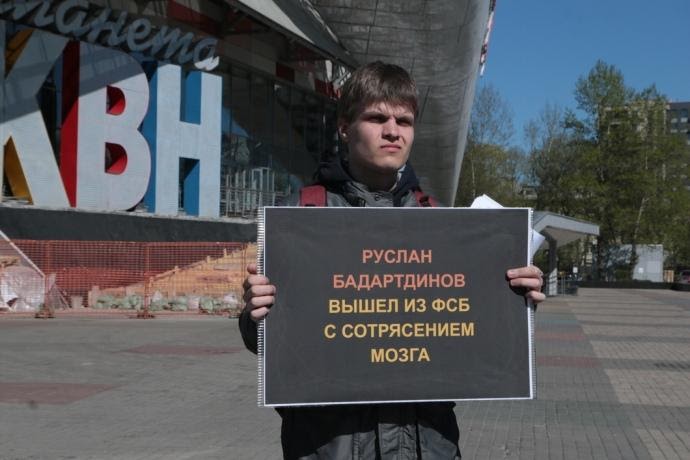
Medical personnel were reluctant to document injuries sustained by victims
Medical personnel of penitentiary institutions were often reluctant to document injuries sustained by victims prior to their admission to these institutions, which is inconsistent with their professional duties to treat and act in the best medical interests of patients, for whom they have a duty of care.
Detainees were deprived of their right to be represented by legal counsel of their own choosing and to publicity during court hearings
The practice of excluding the public from court hearings had been used to limit public awareness of trials, restrict public scrutiny and exert additional pressure on the defendants. The right to a public hearing was further diminished because the judgments in these cases were not published.
The FSB had deprived defendants of their right to be represented by legal counsel of their own choosing by imposing state-appointed lawyers and subsequently refusing the defendants access to their privately-retained lawyers. State-appointed lawyers failed to raise basic due process violations, ignored defendants’ complaints of torture, objected to their clients’ motions during trial, and failed to take any action while present during ill-treatment of their clients by FSB officers.
Inadequate conditions of detention in overcrowded cells, beatings and use of excessive force by prison guards
Detainees in Crimea face grossly inadequate conditions of detention in overcrowded cells. Former detainees complained of systematic beatings and use of excessive force by prison guards, unjustified strip searches during which they were forced to squat naked, and placement in so-called pressing cells, where other detainees were encouraged by the detaining authorities to harass or beat them.
The provision of medical assistance in detention remained inadequate. Owing to the general lack of available medication, detainees were frequently forced to rely solely on medicine sent by relatives, which often arrived only after significant delays.
Amid numerous reports about overcrowding in Crimean detention facilities, a new penitentiary facility called “a corrective labor center” was established in Simferopol at the end of 2019. The Russian Federation also announced plans to build two additional pretrial detention centres in Simferopol by 2027, with capacity for 1,500 prisoners.
Detainees risk being transferred far away from family members to facilities located in the Russian Federation
Detainees continued to be transferred from Crimea to the Russian Federation at pretrial stages, to stand trial, or to serve sentences. Owing to the distances involved and the financial costs, their relatives were unable to visit them or cover the travel fees of defense lawyers.
Criminalization of freedom of expression, fines for posts on social networks
Criminalization of freedom of expression on social media continued in Crimea. OHCHR documented four cases in which individuals were convicted by courts in Crimea of administrative offences for their social media posts, with content deemed to be “extremist” under the law of the Russian Federation. For instance, on 2 July 2019, a city court in Sudak fined a Crimean Tatar for having posted a video on his social network page, six years previously (prior to the occupation of Crimea).
Journalists and media workers continued to face interference with their professional activities by the local authorities in Crimea, including law enforcement agencies. These practices included surveillance methods such as phone-tapping, being physically followed by law enforcement officers, threats of physical harm, criminal prosecution, arrests and prohibition of entry into the territory of Crimea. Numerous media outlets and individual journalists informed OHCHR that, owing to these risks, they would self-censor the content of their publications, conceal their authorship or limit their reporting to non-political topics and stories.
21,000 Crimean residents have been conscripted to the Russian army since 2015
The Russian Federation carried out its 10th military conscription campaign in Crimea in 2020, including citizens of Ukraine resident there. An additional 3,000 male residents of the Autonomous Republic of Crimea were enlisted, bringing the total number of men conscripted from Crimea to at least 21,000 since the practice began in 2015.
Russia could conduct such a massive conscription campaign due to automatic extension of the Russian Federation’s citizenship to all Ukrainian citizens who resided in Crimea on a permanent basis. This is a violation of the right to a nationality. People who rejected Russian citizenship were considered as foreigners and many of them faced deportation.
Read also:
- Ukraine’s water blockade of Crimea should stay, because it’s working
- Three conditions for the deoccupation of Crimea and Donbas – Vitaly Portnikov
- More Crimea-like annexations are possible, Moscow scholar says
- Could Ukraine have fought off Crimean occupation? A crucial document you should know
- Russia’s replacement of population in occupied Crimea violates Geneva Convention – UN report
- Russia can’t solve Crimea’s water problem

